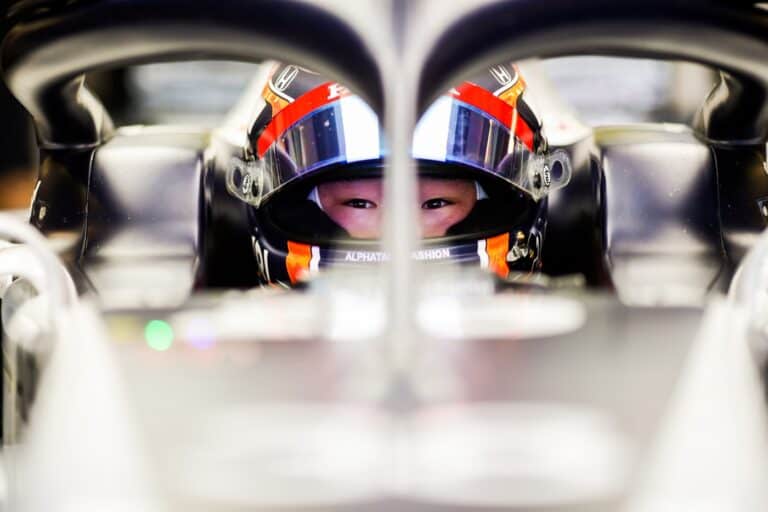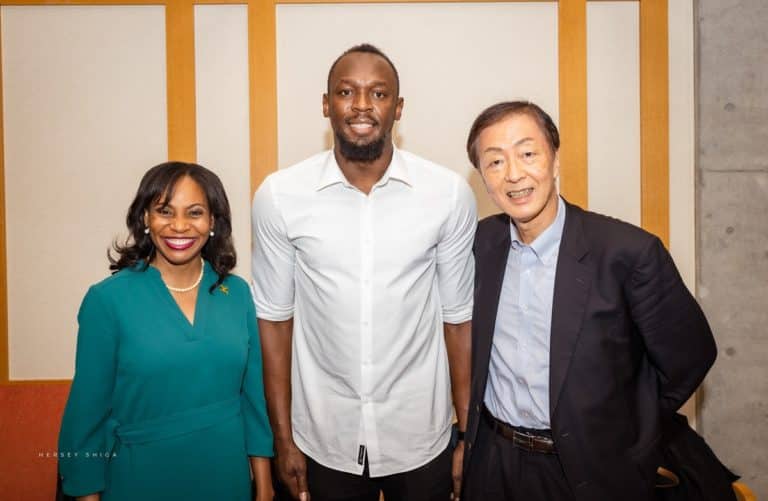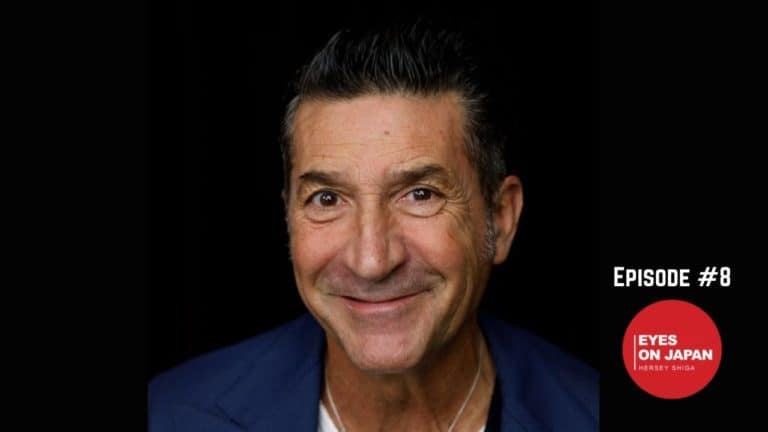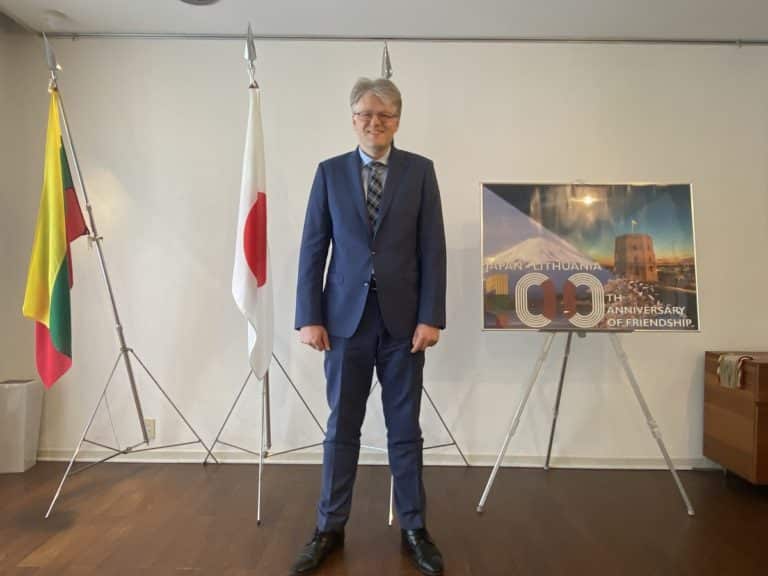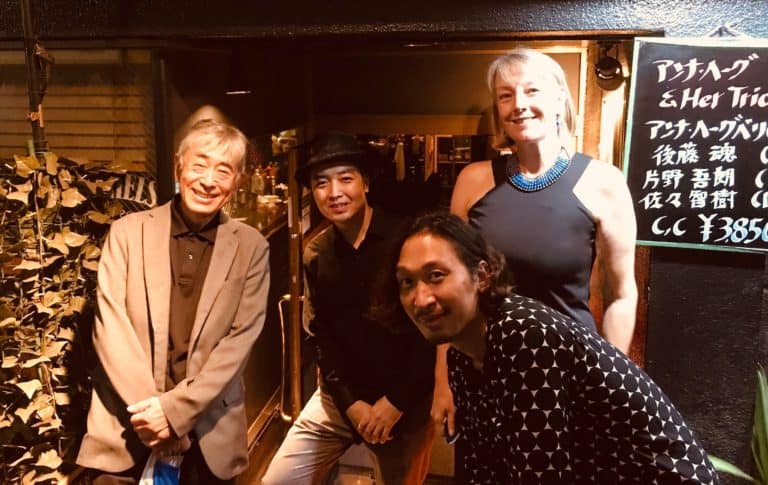Nobuyuki Matsuhisa, Owner of NOBU, Talks Business, Teamwork & Covid
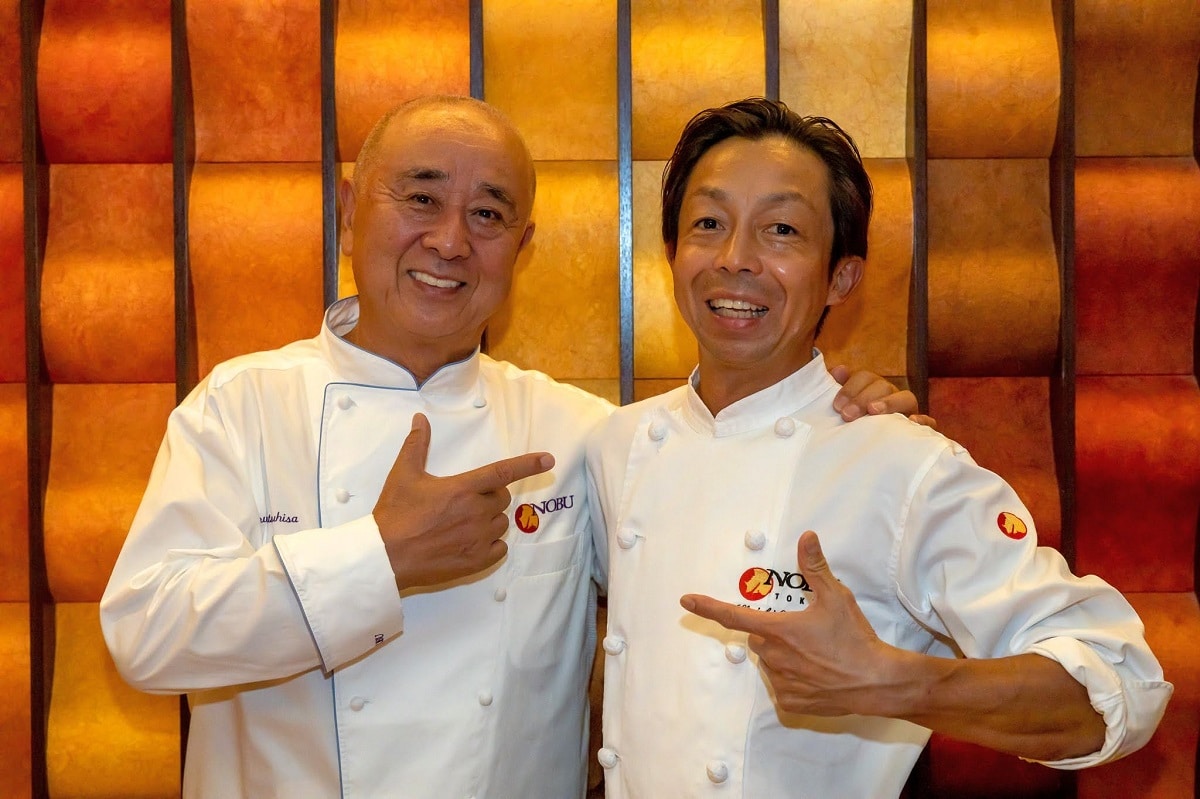
Nobuyuki Matsuhisa (73) was born in Saitama, Japan, in 1949. He’s widely regarded as the best chef in the world. His fusion cuisine, which continues to satisfy appetites around the world, follows a family-like mindset and good old-fashioned Japanese aesthetics.
Aside from his culinary expertise, Nobuyuki Matsuhisa has a wide range of talents and interests. He is known as one of the world’s best chef and restaurateur, Matsuhisa is also considered to be among the world’s most attractive businessmen, and he’s even played small parts in three major movies including Austin Powers – Goldmember.
Because he’s often traveling he’s notoriously difficult to meet in person. Fortunately, we were able to meet him one afternoon at his restaurant NOBU in Tokyo, which is close to Hotel Okura. As he entered the VIP room we noticed his neatly trimmed hair, slightly tanned face and the immaculate chef’s jacket. His energetic gait and carefree smile made it hard to believe that he’s over 70 years old and still going strong.
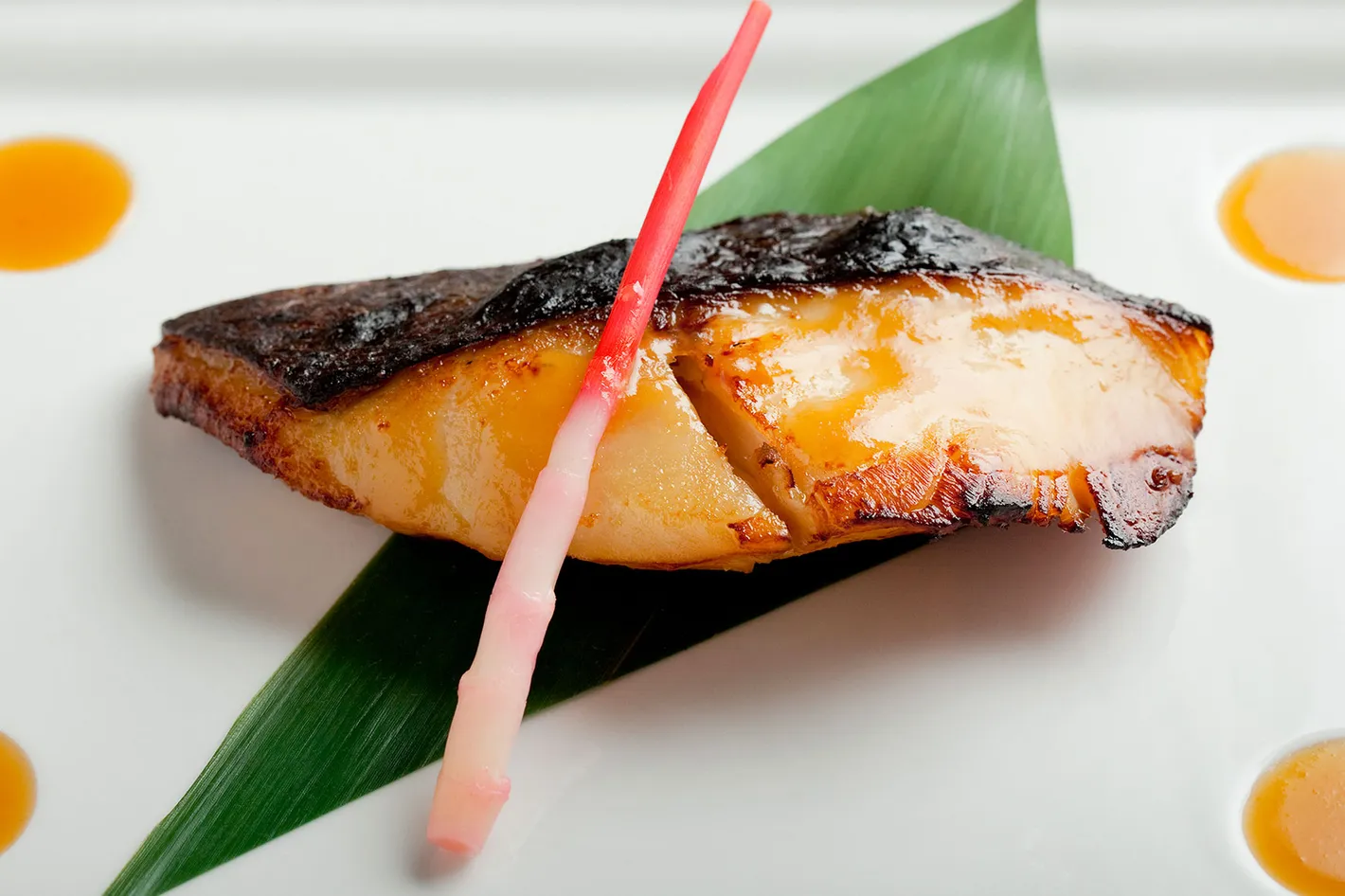
Q: Despite the spread of Coronavirus, beginning in 2020, you’ve continued to develop your business without showing any signs of slowing down.
Matsuhisa: When the pandemic hit, some businesses came to a halt. It’s true, NOBU in Hawaii was forced to close. Some of our other restaurants had to temporarily close as well. That being said, our project was well-established well before the spread of Coronavirus. It’s not something you can assess at the time. We’ve been well-established for years, and that’s why the project progressed even during the COVID-19 pandemic.
So even during the pandemic, some hotels and restaurants in Warsaw, London, Chicago and Sydney, for example, remained open.
It’s true, there were times when things were tough, but in a way, I think I was very lucky that a new hotel and restaurant were able to open under the circumstances. This is not taken for granted. There have been various kinds of damage, and there are people who have suffered a great deal. Many companies have gone bankrupt. Even so, I think the fact that I was able to continue to do it was because of the strength of the team. I think that “teamwork” has been the most important factor for our success.
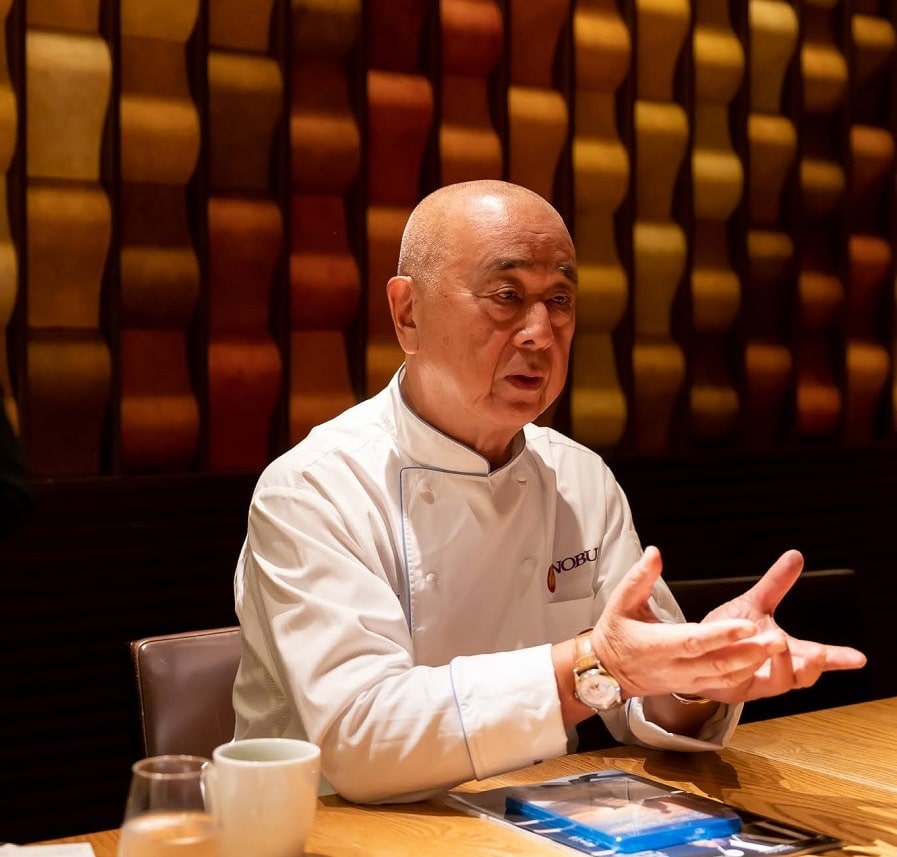
Q: Was “teamwork” an important concept when the company was founded?
Matsuhisa: Yes. It has been our concept since the beginning. Our company started small. It was a family business, like a mom-and-pop business.
“Matsuhisa,” which was my first successful restaurant, opened in 1987 in Los Angeles. The first NOBU opened in 1994. Since then, our goal has been to please our customers and to expand our business as a team.
A team is not a team at first. It will become a team when the new generation, the next generation, appears. For example, in a family, parents educate their sons and daughters, and sons and daughters educate one another. Then, since it is a new business, the people who have newly joined will grow as the business grows.
Someone who originally worked as a waiter at NOBU is now the COO of NOBU. The importance of the team lies in the fact that the people who grew up in NOBU are now executive candidates. I believe this is our greatest strength.
Q: Isn’t it the greatest strength of the Japanese way of creating an organization?
Matsuhisa: Yes. I’m Japanese after all, so I value that kind of thing. Also, I think it’s important to take care of the team and communicate with the team.
Q: Do you supervise the entire team yourself?
Matsuhisa: No, I can’t do that anymore. Mr. Kobayashi has been working at NOBU for 21 years and is currently the GM of NOBU Tokyo. He also oversees locations in Asia, and manages Singapore, Philippines, and Malaysia. Next month, we will have three restaurants in Australia, and we will take him there — and the business will expand from there. So next month he will be traveling all the way around Sydney, Melbourne, Perth, Kuala Lumpur, and Singapore. Of course, I will go with him.
That used to be my role. But now things have developed and people are given a chance to open the next door to go to the next level. Both Mr. Kobayashi and Mr. Tahara, the COO’s of NOBU Corporation, started their careers as waiters and were the first to reach the top of the company. The chefs, the corporate chefs in Asia and Europe, and the corporate chefs in the United States, have all grown up at NOBU, and have been there for a long time.
Q: I think it was precisely because of this structure, and the emphasis on teamwork, that you were able to maintain your business despite the spread of COVID-19.
Matsuhisa: Yes. I think it was due to the team’s efforts that we made it through. Of course, teams are important, but a good team will not always come out on top. Of course, the team as a company organization is important, and I think having a good team is a treasure for any company, but it’s crucial to remember that each person is a human being. And each human being is unique. I’ve seen this many times before. Let’s say you’re in a team and you’re in a supervisor role. It’s your effort that makes the difference. However, I’ve seen many people misunderstand this and quit.
That’s why I always tell young people, “You should seize the opportunity that’s given to you.” We can give you a chance, or even the key to open the door. However, even though we have created a good team, some of the team leaders misunderstand this and sometimes miss opportunities that they could have seized. It’s a waste…
Even so, NOBU’s strong point is that there are always new generations. If one leader is selected, but misunderstands the role, he becomes useless as a leader. Then the next person will get a chance. We have enough staff members to be able to do that.
Q: Isn’t it important to develop human resources in order to create the necessary depth when it comes to staffing?
Matsuhisa: I think that’s the best way. At the same time, I think it’s the effort of the person that makes the difference, which doesn’t mean “I am doing it.” After all, we are running a business as a collective entity. Whether it’s a chef or a manager, if they manage costs and quality well, customers will come to the restaurant and go home satisfied.. Our job is to repeat that kind of thing every day. Ultimately, if the people who manage the business are solid, they will naturally attract customers, generate profits, and grow the business. This doesn’t happen overnight, so it’s necessary to develop human resources and to promote a solid business philosophy.
Now, NOBU may look like a single brand from a third party’s point of view, but that doesn’t mean that it’s just been created. The power of the brand doesn’t mean being recognized immediately, in the short-term, but as the result of long-term efforts. In the beginning I didn’t intend to do it that way, but I think that in the long run that’s how it turns out.
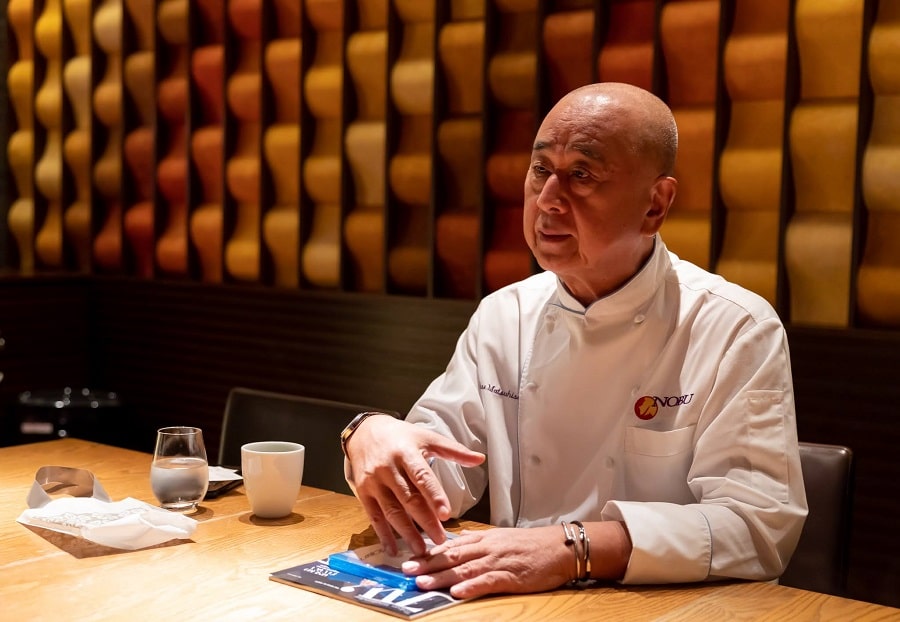
Q: NOBU currently has over fifty restaurants around the world, and you continue to make progress as a multinational company. Does staff education differ from country to country? Are you aware of differences in national character and culture?
Matsuhisa: There are such things. When the country changes, the culture also changes. There are many different kinds of businesses, and many different kinds of people. But we are the same in that each of us has his or her own challenges, and each of us experiences various thoughts and feelings. In business, it’s about how we can create an environment where everyone is happy. In the case of each restaurant, that depends on the manager, the leader of the restaurant — not me. Communication is crucial.
Before the COVID-19 pandemic, I was traveling around the world for ten months a year. My home is in Los Angeles, but I was only there for two months a year. There’s a team running things there, so it’s out of my hands. Yes, my name is NOBU, but there are many people who trust me and work for me, so if I have time, I visit each NOBU restaurant and talk with the various teams. I used to come to Tokyo once a month, as part of my travels. That’s my responsibility, it’s my job. When I go there myself, I can find out what NOBUs in other countries are doing, what kind of food they make, and what kind of challenges they face.
I talk to team leaders wherever I go. If you create opportunities for communication with the staff and tell young people about your experiences and give advice, and if they believe in you, then you can’t betray them. This may be a Japanese way of thinking, but I really want to give back what I have received.
Q: So do you interact with the staff who aren’t team leaders? I think that’s great.
Matsuhisa: I take it for granted. I’ve experienced it from my own seniors and teachers. What happens when you work hard? I don’t think it’s necessary to tell the other person about “hard work.” It’s easy to understand what “hard work” is. You can see it in action. It’s the same with cooking. It’s my belief that if you work hard, you can make something delicious. It is important not only to make delicious food, but also to put your heart into it. I think this applies to cooking, business, and interpersonal relationships.
Q: Due to the spread of COVID-19, it has become difficult to travel overseas. I also heard that you started catering during this time.
Matsuhisa: I’m based in the United States. During the past three years, I had to close the restaurants completely there. But as soon as I was able to open the kitchens, I immediately started catering for a small number of people offering take-out, since customers still couldn’t visit the restaurants. As soon as things started to take shape, I visited customers’ houses and did PCR tests.
Despite it being a challenging period, and although business declined, it was not a negative experience. We were very lucky as a company. Gradually, things began to improve. I was able to open restaurants, and to serve food again. Things are going to recover. In Japan, three years after the beginning of the pandemic, things have improved a lot. That said, COVID-19 is still an unknown virus to us in Japan (there’s a difference in awareness between Japan and overseas). I took a taxi today, but the driver told me to wear a mask because I wasn’t wearing one. It can’t be helped because it’s a rule, but in reality, no one wears a mask in the United States or in Europe.
Q: Did you have any trouble buying ingredients due to COVID-19?
Matsuhisa: There weren’t many problems buying ingredients. In our culinary world, we have a concept not to use the same ingredients all the time, but to make dishes from existing ingredients. That being said, there were times when the price of ingredients went up and business became difficult. However, it wasn’t like we couldn’t do business because we didn’t have a particular ingredient.
We have a concept for our menus that the “signature dish” is the same all over the world. As in Japan, the concept is to use what can be harvested locally and in season. As such, the so-called “Japanese food” can’t be used as the signature dish because we wouldn’t be able to source the ingredients all over the world. If you have the ingredients, you can be more flexible. I think that is one of the strengths of the NOBU style.
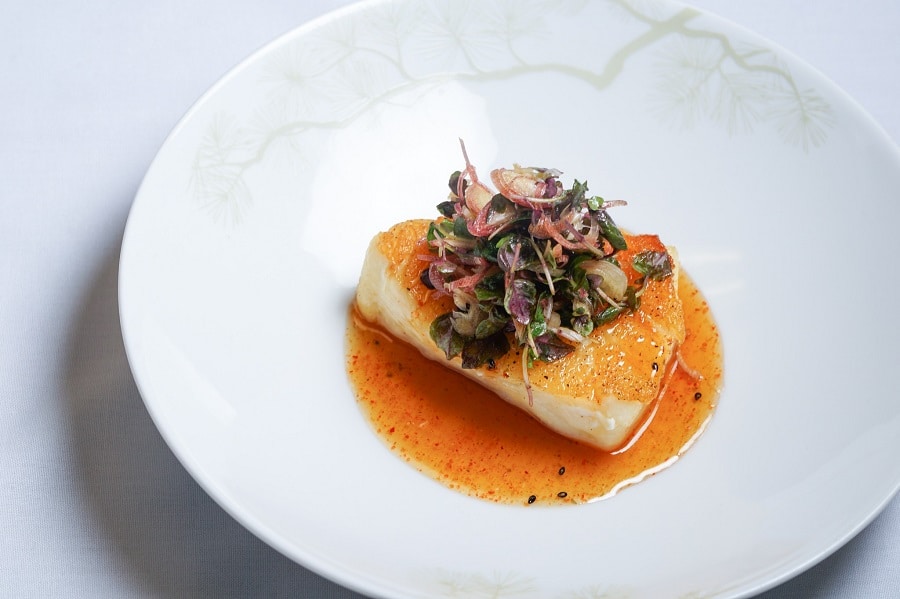
Q: Now that you’re opening a hotel, will you focus more on the restaurant side of things, or on the hotel side of things going forward?
Matsuhisa: So far, the only offer has been to open a restaurant at the hotel, but the person who we are negotiating with understands the concept that a NOBU hotel includes a NOBU restaurant. So, we have now announced the opening of our 30th restaurant.
Q: Can we think of spending our holidays with the NOBU brand in terms of fixed concepts?
Matsuhisa: There is no such thing as a fixed concept when it comes to NOBU hotels and restaurants. Both restaurants and hotels are hospitality businesses, and they are basically the same. However, the hotel will be larger in scope. You can reserve a table at a restaurant and eat. You can also eat at the hotel and then spend a night or two. Without a different team there, we wouldn’t be able to operate.
At our restaurants, we want our customers to enjoy delicious food and receive a pleasant and professional service. On top of that, the hotel creates a comfortable space and an environment where customers can be happy. Staying overnight, eating, and returning home is the minimum service we provide in our hotels. If customers aren’t satisfied with the experience, they won’t return, it’s as simple as that.
Q: Could you tell me one last thing? What do you like to eat when you’re tired?
Matsuhisa: I’m Japanese, so I’d say noodles and rice in Japanese broth — Ochazuke. When I feel especially hungry, I want to eat something like that.
We thank Mr. Matsuhisa for this interview.
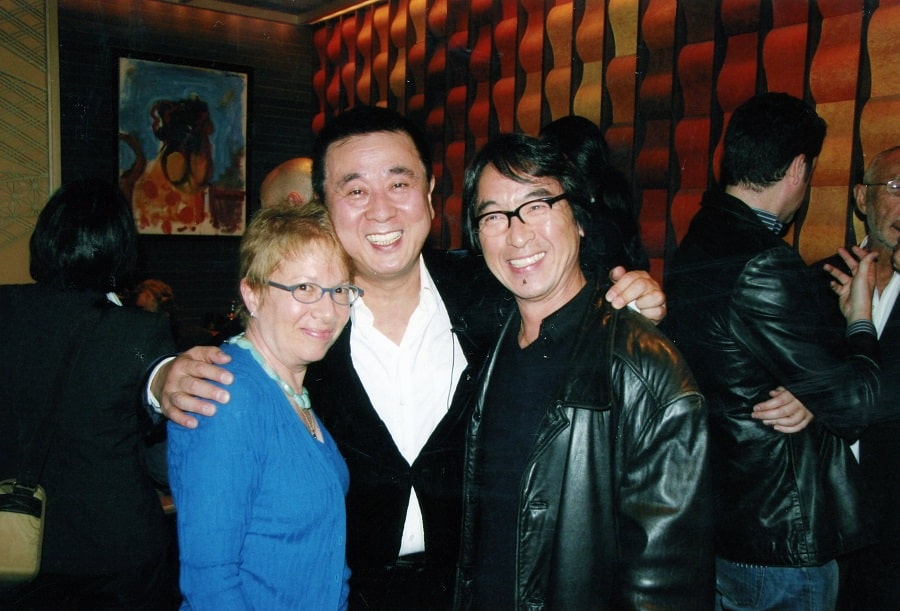
【Related Articles】

![[INTERVIEW] with the Ambassador of Indonesia to Japan H.E. Heri Akhmadi](https://hersey.jp/wp-content/uploads/2022/05/037A8024-768x518.jpg)
